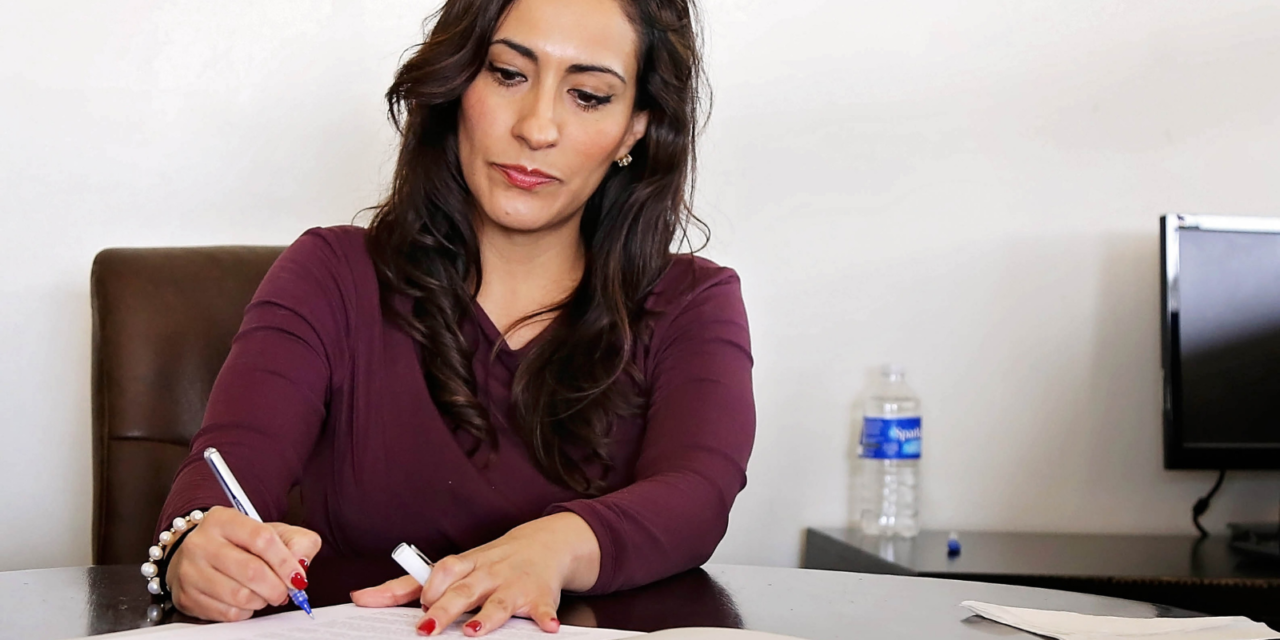3- way matching procurement refers to comparing purchase orders with the goods receipt note and the supplier invoice before releasing payment. It is done to ensure that what the supplier is billing the company for is what was ordered and delivered. This sounds rather simple, but it can get quite complicated in big organizations dealing with tens or hundreds of suppliers, numerous orders, and big amounts of money. 3-way matching of a batch of invoices can take days when relying on a manual process. It can cost as much as $20 per invoice. However, organizations still see it fit to go through this process. Here are 5 reasons why you should consider implementing 3-way matching in your own organization.
Eliminate Fraud
One of the main reasons organizations find a 3-way matching procurement process better than a 2-way matching is that it minimizes opportunities for fraud. Comparing the purchase order with the invoice ensures that the company only pays for what was requested. A purchase order is only sent out after a purchase requisition process is done, to avoid maverick spending. A goods receipt is an acknowledgment that ordered goods were received in the warehouse. There are incidents where the items ordered are diverse elsewhere and the company gets billed. In other cases, the figures in the invoice would be inflated by charging different prices from those agreed in the requisition process. 3-way matching covers all these loopholes.
Save Money Lost Through Error
In other cases, there may be errors committed unknowingly in the procurement process. The invoice may deviate from the purchase order and goods receipt. In such an incident, an inquiry would be due to establishing the source of the error. This happens almost exclusively in where the procurement process is being carried out manually. Errors happen during data entry and can get carried downstream, leading to losses either for the supplier or buyer if not flagged.
Companies should not underestimate the long-term effects of regular errors in invoice payments. Eliminating errors in the procurement process could impact profitability positively.
Good Supplier Relations
Having a strict invoice verification process creates a good reputation for the company in procurement circles. A good 3-way matching procurement process has enough resources to ensure there are no undue delays in releasing payments for suppliers. When done correctly, it can lead to fruitful relationships with suppliers. There will rarely be errors or delays in their payments.
However, if the company notices regular mistakes in the invoices sent from particular suppliers, it may be a signal that the company needs to seek different suppliers. In the long run, the company will only be dealing with honest suppliers.
Prepare for Audit
A three-way matching process leads the company to have proper storage of documents. The documents can show the authorization of purchases, the receipt of purchased goods, and the payments to suppliers. This paper trail is important for audit purposes and for creating confidence from shareholders, creditors, and regulators. When a company is growing quickly and seeking investors, it should be able to demonstrate that there are no leakages of cash. A good trail of spending can help gain trust from potential investors.
Implement Automation
As an organization is growing, a manual invoice verification process may prove to be inefficient. A three-way matching process is a natural predecessor to an automated matching process. This process can quickly reduce the workload in the accounts payable department by 80%. The software is likely to have a portal from where purchase orders are sent, and invoices received from suppliers. The goods receipt documents can be uploaded, and the matching process is automated. Discrepancies are flagged for an inquiry.
The automated process also creates a trail from where an audit can be carried out. In addition, there will be a repository created for all procurement documents for future references, data collection, and data analysis.
Making 3 Way Matching More Efficient
As highlighted, a three-way matching process should not be a hindrance to a smooth procurement process. It should not unnecessarily delay payments due to small technicalities. Some organizations limit three-way matching to invoices that exceed certain dollar amounts. Others do not subject all frequently recurring invoices to a three-way matching process. Instead, they might take a small sample and scrutinize those.
In a non-automated system, it is highly unlikely that all three documents will perfectly match each time. Therefore, the organization may have to create a policy to decide which types of discrepancies need scrutiny. Only material discrepancies need scrutiny, and this will vary from one organization to another. Again, big variations should be escalated to the right level because they may be evidence of attempted fraud. The organization has to create guidance for all these different scenarios.
Does Your Organization Need Three-Way Matching Process in Procurement?
3-way in procurement is necessary for companies that suffer the risk of fraud or human errors due to large volumes of invoices. However, implementing 3-way matching leads to other benefits such as good supplier relations, easier audit trails, and improved profitability. 3-way matching is best implemented in an automated system because it’s faster and more accurate.
Procureport’s procure-to-pay software can help you organize, automate and streamline your invoice matching process. It will help you send purchase orders and receive goods against those purchase orders. Once invoices come in, they are checked against the purchase order from which they were prepared. Any discrepancies will be realized early enough and dealt with. Get in touch with Procureport for a demo today.










